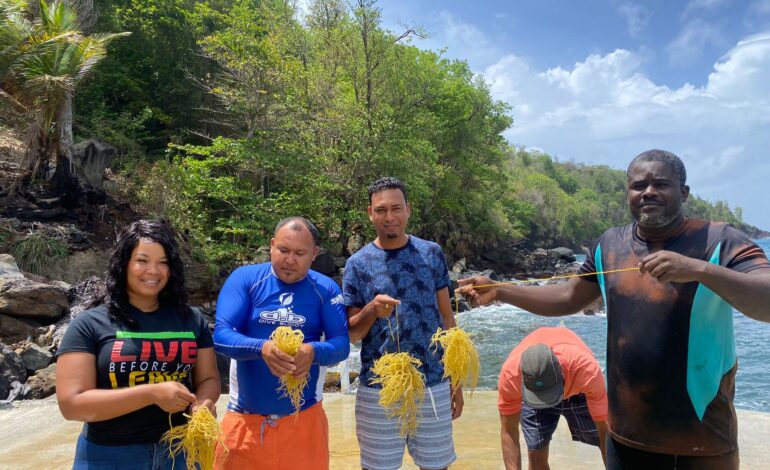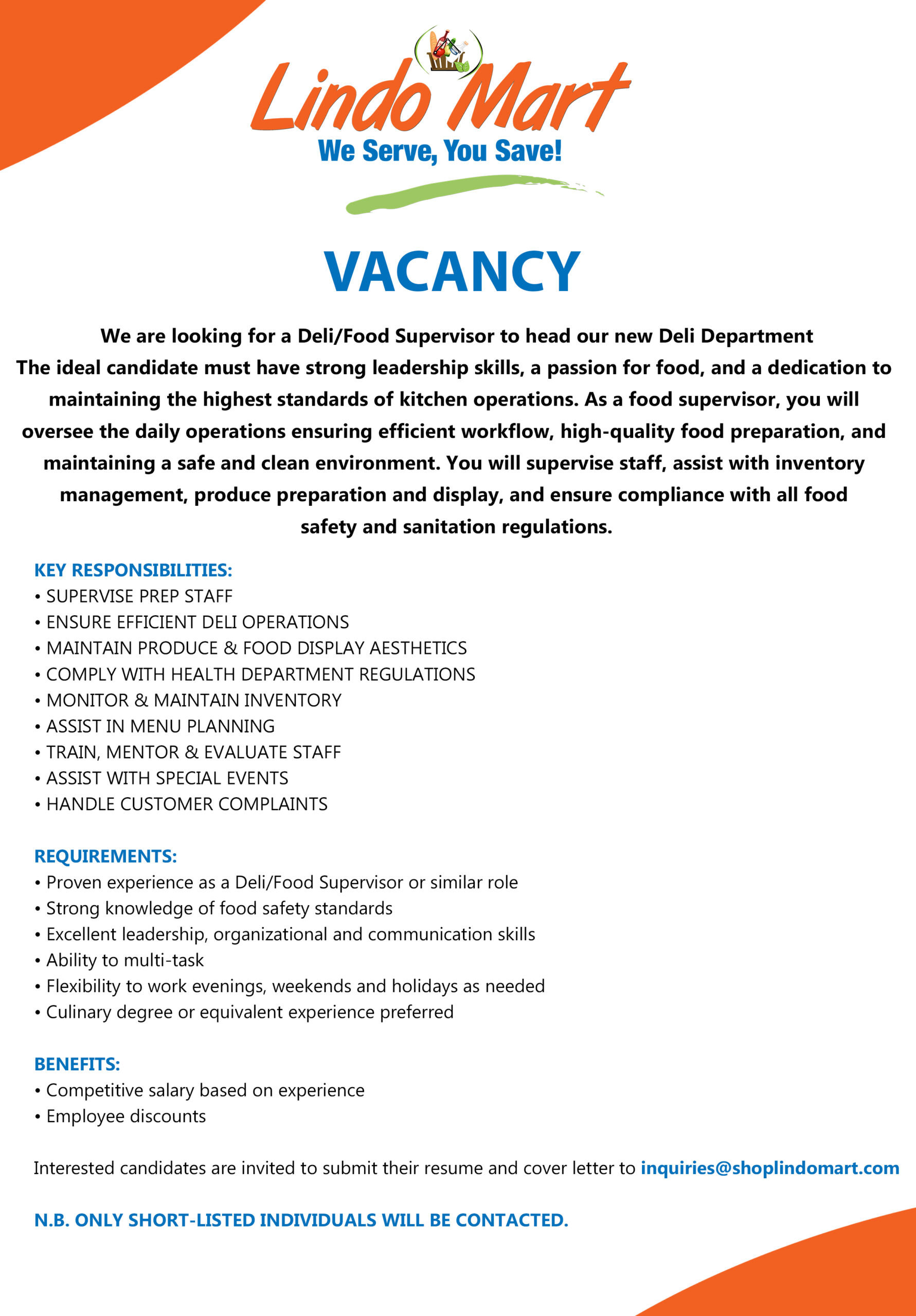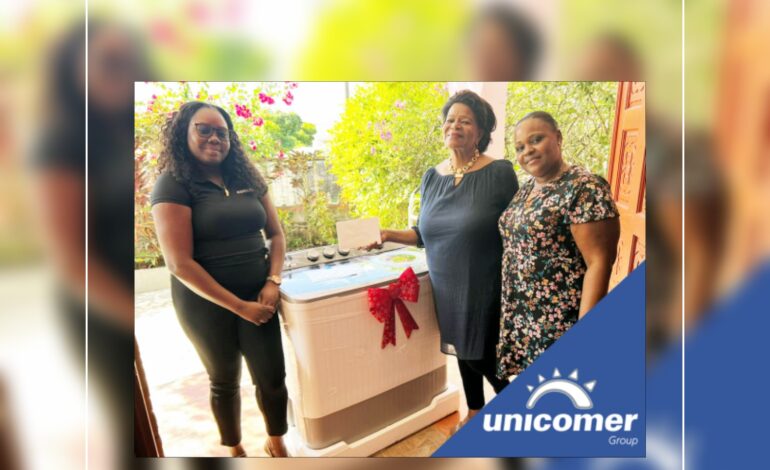
FAO and the Fisheries Division are working together to support local seamoss Farmers to increase their production of seamoss in the country.
Across the Caribbean, seamoss, the algae more popularly known as Irish Moss, has long been a staple in tasty homemade and commercial blended juices, many purported to have energy inducing capabilities and a range of health benefits. A superfood, widely sold in its liquid and dried form, the strand-like algae thrive in Dominican waters, although it is also imported from other Caribbean countries.
Over the past years, the Commonwealth of Dominica has worked hard at developing the seamoss sector, using its own indigenous variety. However, Gracilaria, the Dominican specie, is slow growing, creating a challenge for farmers and producers alike.
Working towards the promotion of sustainable and resilient value chains in the Caribbean and a Blue Transformation of aquatic food systems, the Food and Agriculture Organization of the United Nations (FAO), and the Ministry of the Blue and Green Economy, Agriculture and National Food Security of the Dominica, have been working together to create a sustainable and robust Dominican seamoss industry. The first step in this process is ensuring a consistent supply of seamoss.
Local Dominican seamoss beverages are widely sold in the Dominican market, and some are also exported across the Caribbean. However, at present, the Gracilaria seamoss is grown wild, relatively low yielding and carries a longer time for harvesting, compared to other varieties. This presents a serious supply challenge for farmers of the dried seamoss that carries significant income generating potential. Many producers, who purchase the dried seamoss from farmers to make beverages, have had to rely on imported seamoss as the country struggles with rapid and cost-effective production of the algae and the threat of its depletion.
Through collaboration with the Fisheries Division of the Ministry, FAO has now introduced the production of a more lucrative, fast-growing and sustainable variety of seamoss, called Eucheuma. At present, local and imported Gracilaria, as well as Eucheuma, imported in small quantities, is used to support the demand for seamoss products. However, Eucheuma production is less familiar to most local farmers.
To support the introduction of this specie as a viable alternative for growing in Dominica, FAO will facilitate training of seamoss Farmers in the sustainable farming, harvesting and production of the Eucheuma variety. Scheduled to take place between January and March of 2023, the FAO regional expert on seamoss production will train farmers in good agricultural practices in seamoss production and support dedicated seamoss farms to be better positioned to ensure consistent and quality supply of this fast-growing variety.
Ms Bree Romuld of FAO’s Value Chain Development Programme, remarked, “with a push towards recovery from the impacts of COVID-19, stronger income generating opportunities and environmentally and economically sustainable value chains in the Blue Economy, helping farmers to grow a consistent supply of seamoss and working our way up to developing the rest of Dominica’s seamoss value chain is a timely and pertinent step. If we can strengthen the seamoss value chain and build a thriving seamoss industry, we can help in improving livelihoods, increasing jobs and business opportunities for value-added products and encourage better management of aquatic resources.”
Improving Dominica’s seamoss value chain would also support efforts to reduce the Caribbean Community’s (CARICOM) food-importation bill by 25 per cent by 2025, whilst maximizing the sector’s contribution to the country’s Gross Domestic Product (GDP) and support its achievement of the Sustainable Development Goals (SDGs). Most importantly, it will improve the incomes for women, who primarily farm seamoss. It will also help in achieving better production, a better environment and a better life for many Dominican families and communities and ensure a more sustainable and resilient seamoss value chain that promotes social, environmental, and economic sustainability.
This initiative is a part of the FAO Sub-regional Office for the Caribbean Value Chain Development Programme and is specifically geared towards the Sustainable Development of Resilient Value Chains and the implementation of the CARICOM COVID-19 Agri-Food Recovery Plan.






